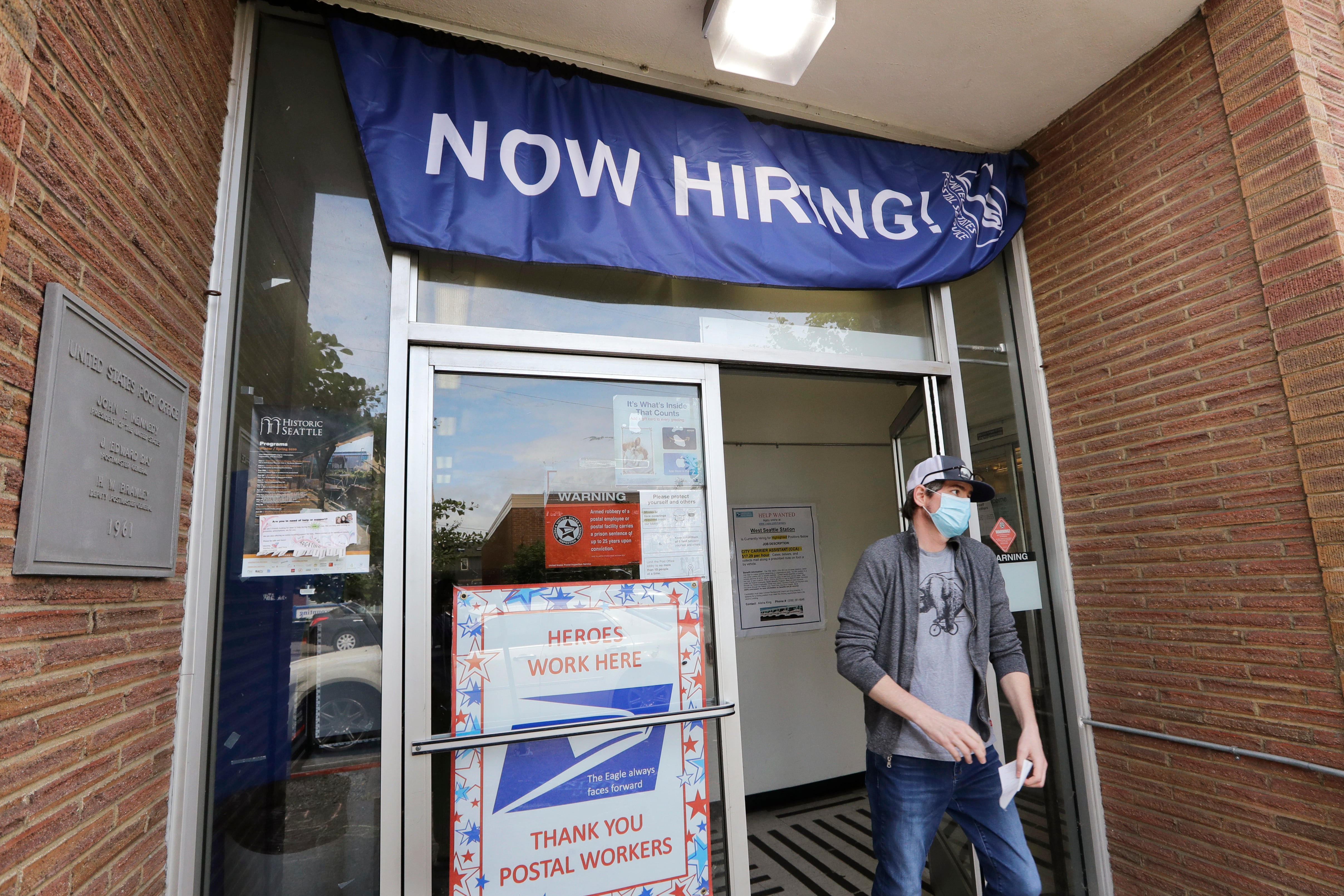From Wall Street to Silicon Valley, these are the top stories that moved markets and had investors, business leaders, and entrepreneurs talking this week on Cheddar.
STRONG JOBS REPORT MASKS GATHERING STORM
U.S. markets ended a holiday-shortened week in the green after a strong June jobs report showed the economy added nearly 5 million jobs in the month. While indicative of people getting back to work faster than expected, the headline number is a bit misleading given that it is based on a Labor Dept. survey from the middle of the month — before several states in the South and West had to pause or reverse their reopenings, which has likely led to workers being laid off or furloughed anew. The unemployment rate fell to 11.1 percent from a high of 14.7 percent in April. Meanwhile, Q2 2020 is in the books and, despite a pandemic that accelerated across the globe and decimated the U.S. economy in the three month period, stocks had their best quarter since 1998.
THE MUSK EFFECT
Elon Musk had a very good week. Shares of Tesla soared 9 percent on Thursday after the electric-car maker disclosed Q2 deliveries that blew past expectations — 90,650, compared to 72,000 expected by FactSet (deliveries are to Tesla what sales are to other automakers). Deliveries were down about 5 percent from the same quarter a year prior, but given the state of global auto sales — GM and Toyota, for instance, both saw sales plummet by 34 percent in the same period — investors were plenty pleased. So pleased, in fact, that they helped Tesla overtake Toyota to become the world's most valuable car maker by market cap, even though Toyota makes about 30 times more cars and brings in 10 times more revenue. In a symbolic milestone representative of the transition away from fossil fuels, Tesla also eclipsed ExxonMobil's market cap this week. And if that weren't enough to give Musk a good holiday, SpaceX completed another successful launch — this time of a military GPS satellite — and stuck the landing of its Falcon 9 booster.
SEARCH FOR A CURE
Promising news this week on the COVID-19 vaccine front: Pfizer and BioNTech announced that the experimental vaccine they are co-developing has been shown to spur immune responses in healthy patients. The update came via a preprint paper, meaning it has not yet been peer-reviewed, but it's a sign that the candidate remains viable in ongoing clinical trials. Shares of Pfizer jumped on the report. Separately, the U.S. government announced that it has secured nearly the entire production run of Gilead's remdesivir for the next three months, the only authorized therapeutic for COVID-19 patients. The Dept. of Health and Human Services bought 500,000 doses for use in U.S. hospitals. Gilead has also announced the price tag for the antiviral: $520 per vial, or $3,120 for a six-day course of treatment. The price is lower for governments and developing countries: $390 or $2,340 per course. Those prices are roughly in line with what many pharma watchers were expecting, but lower than the Wall St. consensus. (Gilead has also pledged to donate 1.5 million doses, including to developing countries).
FACEBOOK AD BOYCOTT IN EFFECT
On the first day of the #StopHateforProfit ad boycott, Facebook published an open letter arguing that the platform "does not profit from hate" and pointed to a study that suggests it actually removes hate speech faster than YouTube or Twitter. Nevertheless, the boycott has grown to more than 500 brands and is being promoted from the likes of celebrities, politicians, and even Prince Harry and Meghan Markle. According to The Information, Facebook CEO Mark Zuckerberg told employees that he expects the company to be able to weather the boycott, and that advertisers "will be back on the platform soon enough."
LULU BUYS MIRROR
Who needs $70 leggings when you can't show them off at the gym? Lululemon, perhaps cognizant of a recent survey that found a quarter of gym-goers say they don't plan to return to their gyms post-pandemic, announced it is buying the at-home fitness startup Mirror for $500 million in cash. Mirror sells a $1,500 full-length, interactive mirror-screen hybrid that lets users take classes with remote instructors while also seeing their own form reflected in the glass. Like Peloton, the company's business model included a recurring revenue model — customers are on the hook for a $39 monthly subscription in addition to the upfront device cost. For Lulu, it's a bet that, gym or no gym, there is a sustainable market of high-end fitness enthusiasts. For Mirror, which is still relatively new and unknown compared to Peloton, the deal will put its namesake product in front of Lululemon's vast and loyal customer base.









